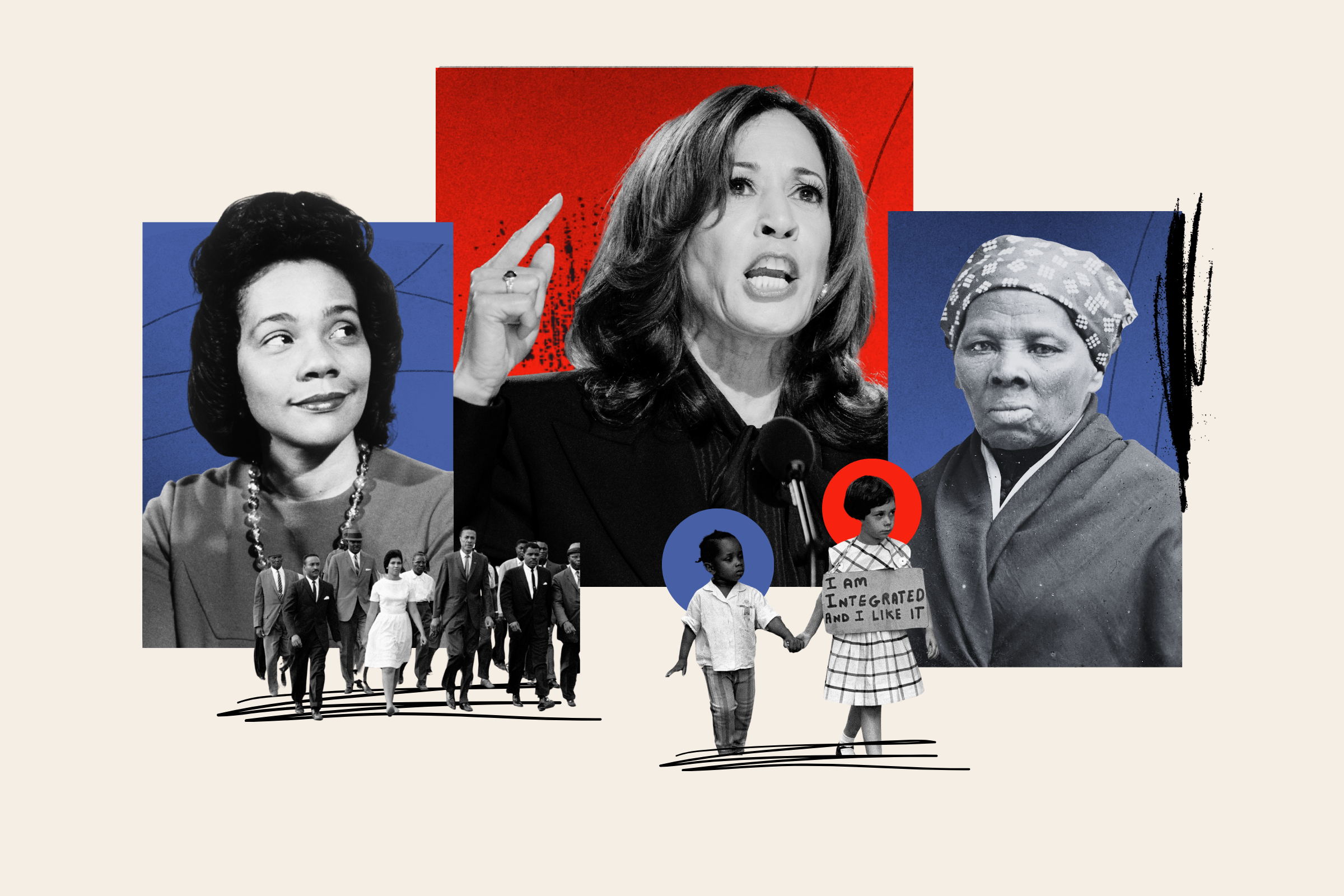UPDATE: The nomination of Vice President Kamala Harris for the 2024 Democratic ticket has ignited a powerful movement among women leaders across the nation. One year ago today, Harris made history as a Black woman at the forefront of a presidential campaign, a moment that resonates deeply within the ongoing struggle for representation and equity.
The atmosphere in Chicago was electric when Harris accepted her nomination, symbolizing not just a personal triumph but a collective victory for Black women who have long fought for their rightful place in leadership. Harris’s journey from San Francisco’s District Attorney’s office to the White House exemplifies determination and resilience.
Despite not clinching the presidency, Harris’s near success has opened doors for other women leaders. Angela Alsobrooks and Lisa Blunt Rochester joining the U.S. Senate this year highlights a shifting landscape in American politics. With 62 members in the Congressional Black Caucus and counting, Black women are increasingly present in the corridors of power, ready to shape policies that reflect their communities’ needs.
Reflecting on this milestone, political strategist Donna Brazile emphasized the importance of recognizing the contributions of Black women throughout history, stating,
“Their leadership has always been spiritual and tactical, driving change from the grassroots.”
As the nation celebrates this moment, the call to action is clear: it is time to elevate women’s voices and experiences in politics. Key demands include:
1. **Recognition and Representation**: Ensuring Black women have real seats at decision-making tables.
2. **Structural Change**: Addressing systemic injustices and making equity a priority.
3. **Coalitions**: Encouraging collaboration among women leaders to amplify their collective power.
4. **Mentorship**: Fostering a culture where seasoned leaders support emerging voices.
5. **Voting Rights**: Reinforcing the importance of defending democracy, a cause Black women have championed historically.
6. **Joy**: Recognizing that the fight for justice must also embrace the joy that sustains community resilience.
Harris’s story is a continuation of a long legacy rooted in the struggles of figures like Harriet Tubman and Sojourner Truth, who risked everything for liberation. The urgency for change is palpable; the moment demands participation from all corners of society.
The path forward is fraught with challenges, yet it is illuminated by the unwavering spirit of those who have come before. As Brazile and others urge, “Let us rise—not just to honor those who came before, but to become the ones future generations will thank.”
The movement is gaining momentum, and the message is clear: Black women will not only continue to lead but will also shape the future of American democracy. The moment to act is NOW.
As the nation looks ahead, the torch of leadership is not just lit; it is blazing, passed hand to hand with purpose and grace. What will you do to support this rising movement?






































































